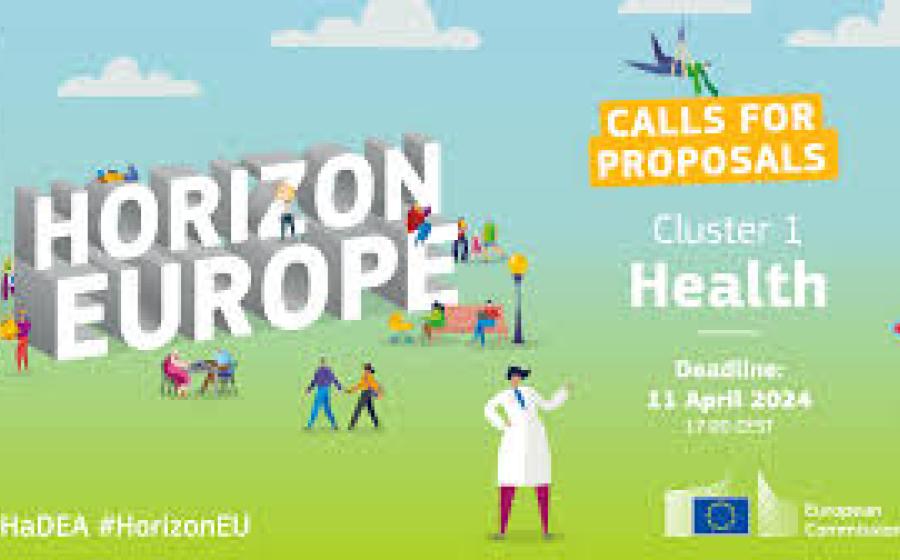
Aimplas, the Plastics Technology Centre, a Spain-based technological center that provides solutions to the plastics industry, has announced the launch of the Upcycle project, which brings together 19 partners from 12 countries to convert nonrecyclable plastic waste into recyclable and nonpersistent packaging materials.
The project is funded by Horizon Europe under the European Health and Digital Executive Agency (HADEA) and coordinated by Aalborg University, Denmark. The research integrates Safe and Sustainable by Design principles, artificial intelligence-(AI-) powered process intensification, smart polymerization strategies and eco-design approaches.
Target applications include fresh-food flexible packaging, short-lifetime deli packaging, beverage bottles and personal care packaging.
According to Aimplas, more than 460 million metric tons of plastics are produced annually worldwide and only nine percent is effectively recycled, while plastic packaging accounts for 40 percent of demand and 60 percent of plastic waste in Europe. The center says most packaging is used once, with two-thirds discarded within a year, often relying on complex or contaminated plastic streams that persist in the environment for centuries.
The project aims to address these challenges by developing novel circular value chains that convert nonrecyclable plastic waste into recyclable packaging materials. Aimplas says the project will reduce reliance on incineration and landfill, support European Union (EU) circular economy goals and create a pathway toward nonpersistent, safe and sustainable plastics.
Aimplas’ role in the project is to bridge the gap between polymer research and real-world packaging applications. The center says it’s developing new polyesters and copolyesters through formulations and pilot-scale production using advanced technologies, including reactive extrusion, compounding, injection molding and blow molding.
Aimplas also evaluates how these materials behave at the end-of-life stage, conducting biodegradation modeling, compost testing (industrial and home), environmental assessments in soil, freshwater and marine settings and multicycle mechanical recycling trials. Additionally, Aimplas contributes to defining end-user requirements, market analysis and regulatory compliance to ensure that Upcycles’ materials are safe, scalable and market ready.
By 2029, Upcycle says it aims to deliver packaging materials that are highly recyclable, nonpersistent and biodegradable where appropriate, while reducing greenhouse gas emissions by 30 percent compared to current bioplastics. These innovations will support EU strategies on plastics, the Single-Use Plastics Directive and the Circular Economy Action Plan.



